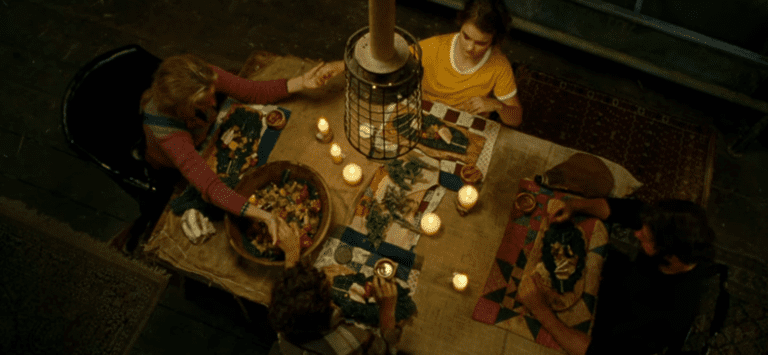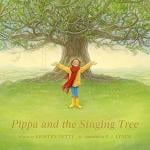
Sacrifice and Salvation
Not every Abbott lives to see the credits.
For much of the movie, Regan struggles to connect with her dad. She was the one, after all, who gave Beau that toy that ultimately killed him in the movie’s opening moments, and Regan believes that her dad blames her for Beau’s death. Lee’s brusque attitude toward her reinforces her insecurities—his believe that maybe her father doesn’t even love her.
I’ve heard folks say that our feelings toward our earthly fathers often mirror those we have about our heavenly one. If our own dads were distant, we feel distant from God. If our dads were overly demanding, we imaging that God is filled with rules and regulations. Not long ago, I heard the story of a friend of mine talk about how his own ruptured relationship with his father(s) shaped his understanding of God. When someone asked him what the first thing he saw of when he thought of God, he said without pause, “I see Him frowning at me.”
If you don’t feel your father loves you … what a difficult burden.
But Lee does love Regan, regardless of any mistakes she’s made in life, regardless of any perceived imperfections. And he shows it. In a moment of incredible peril, he steps out into the open to distract a monster from tearing Marcus and Regan to bits. He looks at Regan and signs directly to her.
“I love you,” he signs. “I’ve always loved you.”
And then he opens his mouth and yells—not in despair as the older man did earlier, but in hope. In love.
This feels like an explicit echo of Christ to me. Krasinski, who was raised in a devout Catholic home from what I understand, couldn’t have missed the symbolism.
A Quiet Place is a great movie without all this underlying spiritual subtext, of course. It’s thrilling and fun and, yeah, pretty scary, too. This thing has heart, too, and a big one. For Krasinski, and for most of us, A Quiet Place isn’t so much about the monsters but about a family’s love and perseverance under unimaginably trying circumstances.
But at the core of this family’s perseverance is hope, and hope is a child of faith. This family has faith. We see it most explicitly at the dinner table as they clasp their hands together, giving thanks in a place and time where, at least on the surface, there’s little to be thankful for.
But, of course, they have plenty to be thankful for. And so, even in our darkest of days, do we. We just sometimes need to find a quiet place to realize it.













